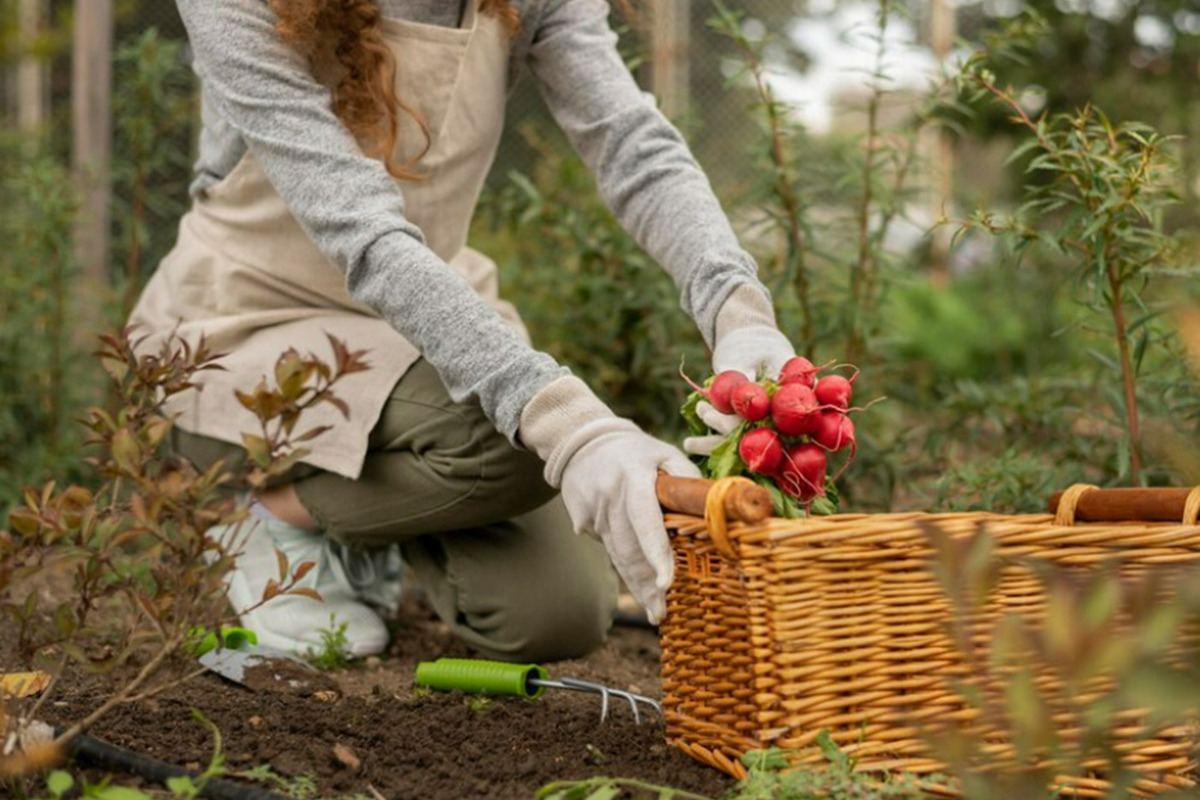Summer residents were given advice on how to save vegetables suffering from frost
[ad_1]

Cold nights only make some root vegetables taste better
Weather reports are not yet full of reports of imminent night frosts, but summer residents are already beginning to gradually prepare for them. On the eve of the big cold weather, MK found out from agronomists which vegetables and flowers are damaged by frost, how to cover and protect plants from the cold, and which vegetables can be left in the ground, because frost actually only improves their taste.
The average climatic date for the onset of autumn frosts in Central Russia falls on the second half of September – mid-October. However, this season the weather pleases us and favors gardeners.
“Frost-resistant vegetables that can withstand temperatures down to -3 degrees include broccoli, cabbage, onions, peas, radishes, spinach and turnips,” says agronomist Vyacheslav Vinogradov. – Cold-resistant ones that can easily tolerate down to -2 degrees are potatoes, beets and carrots. And we include cucumbers, tomatoes, and peppers as tender, as well as pumpkins, zucchini, eggplants and beans.
According to the expert, if you have not yet harvested the entire crop, you should take care of protecting your garden crops.
The first thing to know is that wet soil can hold four times more heat than dry soil. It removes heat faster to the soil surface and keeps the air above it warmer. When moisture from the air condenses on plants and soil, heat is released, sometimes raising the temperature enough to save the plants. So water your plants well before frost. Plant cells filled with water will also be more resistant to cold damage.
“For a short cold period, low plants can be covered with mulch, for example, straw or leaves,” recommends agronomist Anna Sedova. – Remove mulch as soon as the risk of frost has passed. Root crops can be left in the ground during light frosts. Some, for example, parsnips, carrots, beets, rutabaga, turnips, and radishes actually become sweeter after frost. Mulch root vegetables with a thick layer of compost, straw or dried leaves. But if the ground is likely to freeze for an extended period of time, dig up the crop.
[ad_2]
Source link








